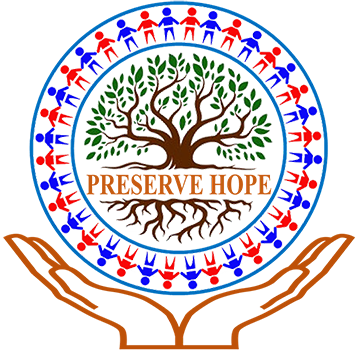OUR CAUSES
We fight child neglect and help all poor children have a better chance in life. Because, we believe in the equal worth of every human being and the importance of respecting and honoring every individual. Therefore, we also know that change happens through people and by embracing differences, actively including a variety of voices, and coming together, we can solve the world’s most complex problems.
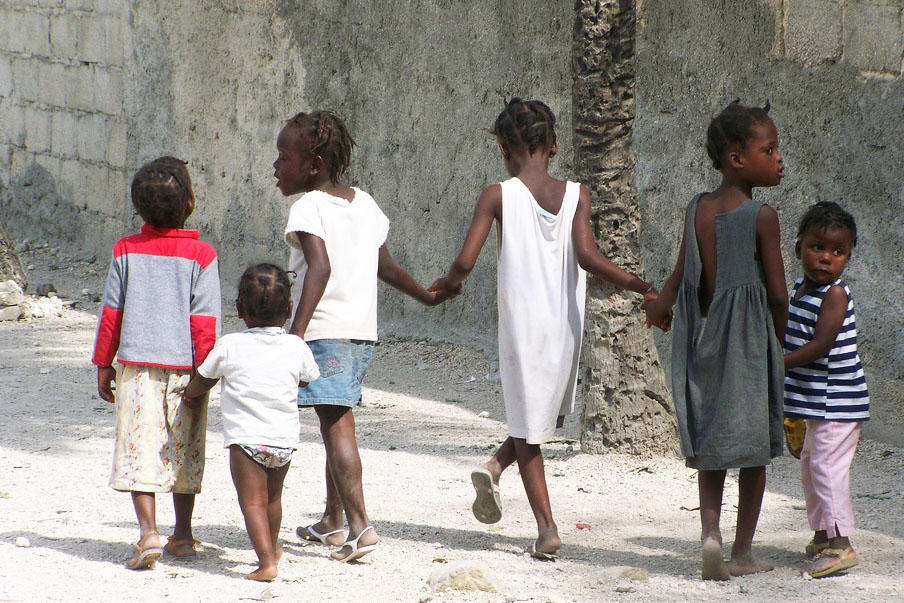
The Preserve Hope organization mourns the despair, melancholy and drama of abandoned children in Haiti. As in other countries, when children's rights are violated, they fall into delinquency by joining the streets.
Consequently, these children are exposed to more traumatic situations, such as prostitution, consumption of alcohol, drugs, physical and sexual violence, kidnappings or even social stigmatization. Sadly, these children have never known love and affection, grow up begging and sleep in public places, in inhumane conditions.
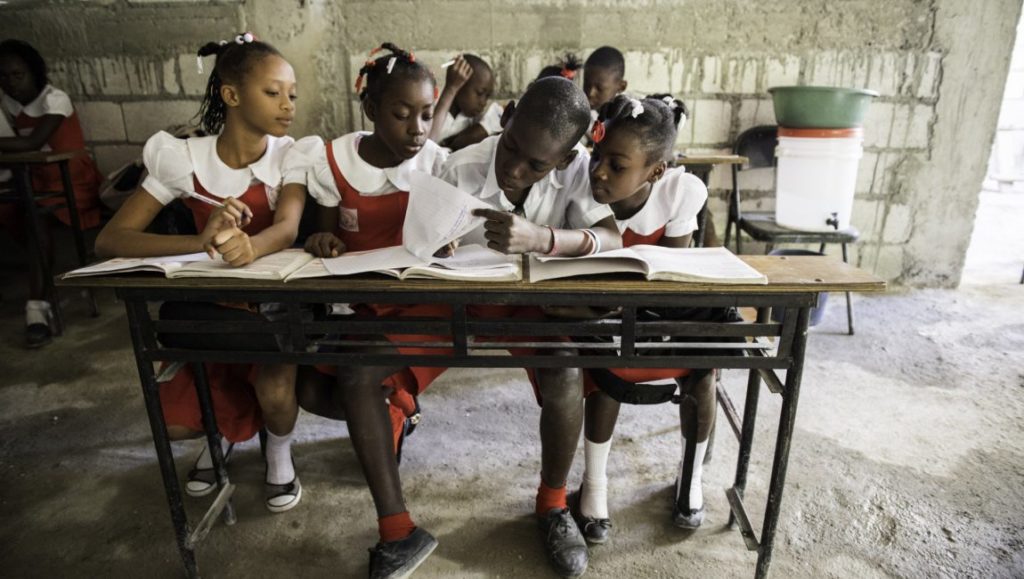
Education is a basic human right, and every child, wherever they are, should enjoy this right in a safe environment. It is a powerful force for change in disadvantaged countries. It also benefits any society because it guarantees human development, contributes to social stability and stimulates long-term economic growth.
It's a shame in Haiti, only a small proportion of Haitian children go to school, mainly in private institutions. While according to the country's constitution, education is free and is the responsibility of the state. About three-fifths of the adult population are literate. And the illiteracy rate is higher in the countryside than in the cities.
However, of the 686 secondary schools, only 33 are state-run. Over 68% of primary education and 82% of secondary education is funded by the private sector. As a result, only families able to pay school fees send their children to school, which accentuates the increase in the number of illiterates, which reached 78% according to a report by the Ministry of National Education in 1995.

The Preserve Hope organization supports communities through a variety of other programs, such as feeding the poor and developing projects to provide support to disadvantaged older people.
Inevitably, old age is the most crucial stage in a man's life and as age progresses various medical issues arise. However, illness is not the only source that affects old age. But, there are various other problems that can lead to deterioration in the health of the elderly.
Preserve Hope realizes that the majority of older people are invisible to the media and leaders who pay more attention to events and politics. As a result, many of them have been humiliated and live in misery until death. Fortunately, there are a few nonprofits that are actively working to advocate for older people. In their contribution, they provide resources and solutions to make life easier for the elderly in Haiti.
In the same way, Preserve Hope urges leaders to take responsibility and make choices that benefit seniors. Because, they need to be supervised, instead of seeing them as a burden on society. If they were once useful and respected, they still deserve a healthy life, love, affection and death with dignity today. Therefore, understanding their needs and concerns is the perfect way for them to live longer.
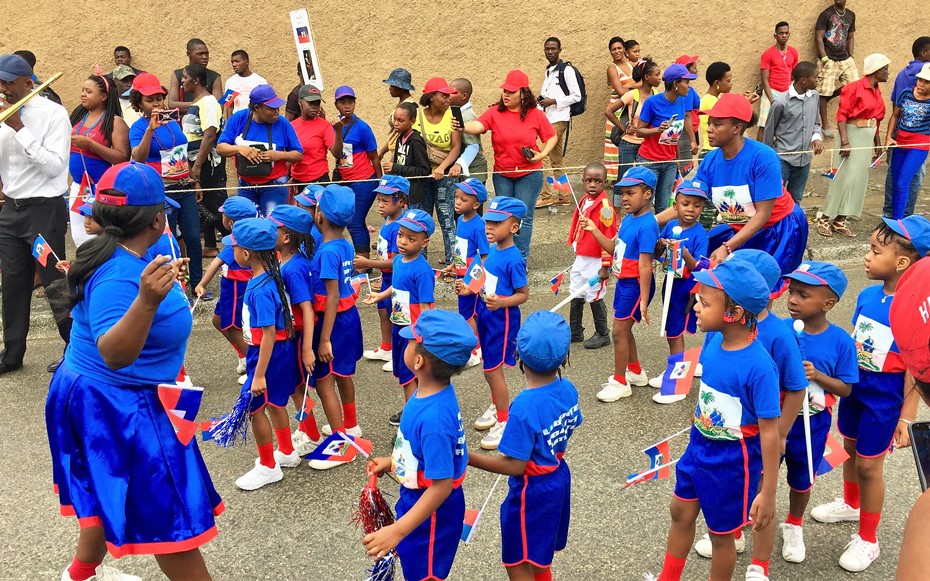
Artistic, cultural and above all sporting activities are not just a hobby, but essential for the well-being of children. When they participate in recreational activities, they learn to adapt to social rules outside the family home, to take responsibility, make compromises, accept others, without social, cultural or economic discrimination.

In particular, playing sports in children not only stimulates the development of their muscles and bones, but also prevents them from heart problems, diabetes, cancer and obesity. From six to ten years old, children should be able to try several sports to find the one they like the most. In fact, Judo, karate, cycling, running, swimming, rhythmic gymnastics, tennis, soccer, rope jumping, climbing, basketball and volleyball are good options.
On the other hand, the practice of sport is an integral and essential part of education. Through sports activities, they adopt better behaviors and learn to value themselves when they realize that their contribution is important to their school team. Sport in general allows children to overcome shyness problems, develop their personality and have better self-esteem. All of these factors help children do better in school and fall into delinquency less often as they age.
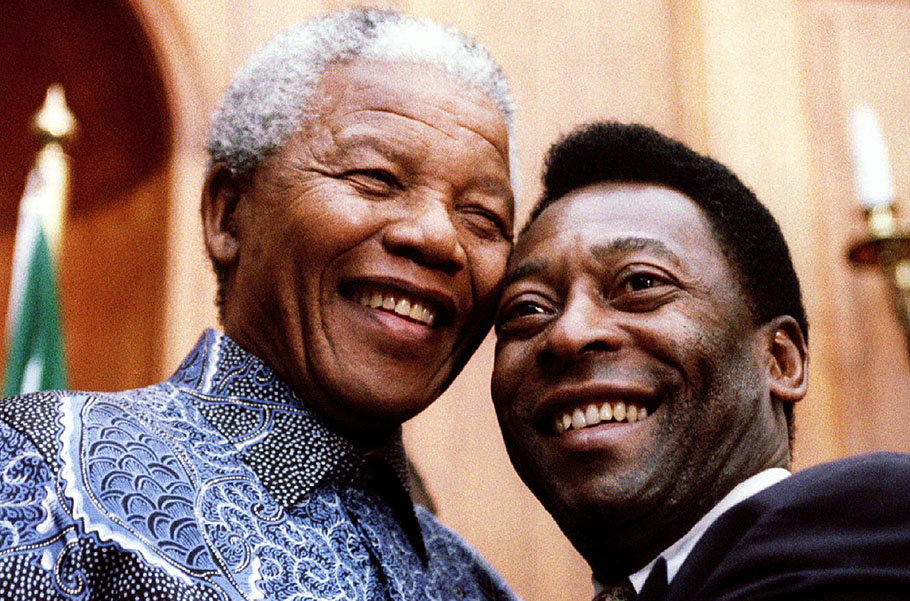
The sport is also recognized as the best way to achieve the desired results. Indeed, Nelson Mandela was a source of inspiration for peacemakers. After being elected, like the first black president of South Africa in 1994, he soon realized that he could use sport to reconcile an Africa ravaged by decades of race struggles. Certainly, in 2007, South Africa won the Rugby World Cup organized in France.
In a famous speech, Nelson Mandela said that: « Sport has the power to change the world. He has the power to unite people in an almost unique way. Sport can create hope where there was only despair. It is more powerful than governments at breaking down racial barriers. Sport plays with all types of discrimination. »
According to the Canadian Pediatric Society, after 5 years, young people should not spend more than two hours a day in front of screens and new technologies, such as videos, phones, computers, the Internet, etc. Thus, playing sports is the best way to keep them away from these things.

In the past, the forests of Haiti were covered with a great diversity of trees. This fertile and well-watered land also provided a multitude of medicinal plants used for health care. However, illegal deforestation has reduced the country's forest area year after year. According to geologists, over 90% of trees have been felled in less than three centuries for various reasons. But today, afforested areas occupy only 3% of the total surface of Haiti.
Therefore, deforestation has a very strong impact on climate change. For scientists, trees have a huge impact in the process of purifying water and cooling the air. Through photosynthesis, trees absorb carbon dioxide from the atmosphere (CO2) and release oxygen into the air (O2). Since animals and humans depend on plants for food, photosynthesis is necessary for the survival of life on Earth.
In fact, when trees are destroyed by deforestation, gigantic amounts of stored CO2 are released into the atmosphere in the form of greenhouse gases contributing to the increase in temperature and disrupting the climate. In contrast, deforested areas increase the risk of desertification, since trees have great difficulty in adapting to climate change. It is estimated that species of wild animals, plants and birds are disappearing in quantity due to deforestation. By destroying natural environments, threatens the existence of these sometimes rare and often fragile species
At the national level, this massive deforestation caused erosion and flooding, reducing access to drinking water in quality and quantity. During the rainy season, all the good land is washed into the sea by the raging waters. Indeed, its disasters result in systematic soil degradation and represent a challenge for agriculture in general.
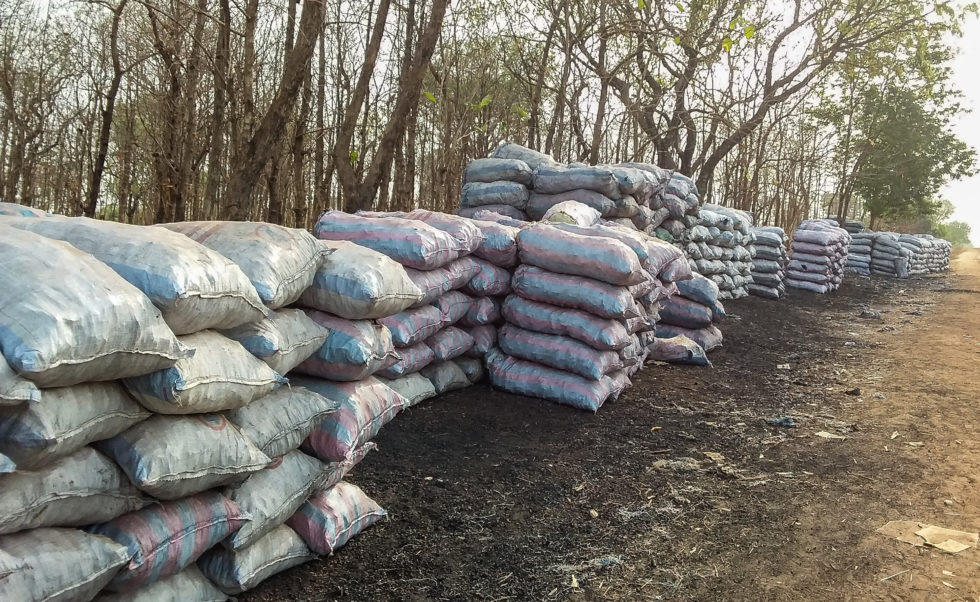
The main causes of deforestation and soil degradation in Haiti result from the excessive or anarchic exploitation of certain forest species. Indeed, the massive exploitation of log, mahogany, guaiac and other species, has constituted a serious obstacle to the economic development of the country.
History reports that in 1825 Haiti was forced to pay a debt to France in exchange for recognition of its sovereignty. Whereas, on January 1, 1804, the entire island was liberated from colonialism by force of arms. Following this order, the Haitian authorities indeed need money to pay France compensation of 150 million gold francs. A sum which today equals to several billion dollars.
In the 19th century, Haiti had become an important supplier of wood to industrialists in Europe and America, to repay this debt. As a result, by the first quarter of the 20th century, the country was already largely deforested. Haiti therefore found itself after its independence, stripped of all its resources for more than 125 years. Some critics claim that France is undoubtedly a major player in deforestation in Haiti.
In addition, many small farmers have participated or play a secondary role in this phenomenon of deforestation. Indeed, most of the remaining trees are felled to produce charcoal, weighing heavily in the balance. On the other hand, it is undeniable that charcoal remains the main source of energy used for cooking food in Haiti.

Despite years of constant instability, Haiti remains a predominantly agricultural country. However, the main commercial export products are coffee, cocoa, rice, sugar cane, beans, corn and fruits, especially mangoes. Based on its local produce, Haiti should not be the poorest country in the Americas. On the contrary, the Haitian Nation, already disadvantaged and discriminated against, today finds itself threatened by climate change, caused by deforestation.
To save Haiti, the Preserve Hope organization calls on all national sectors to do everything possible to contribute to the root causes of deforestation. Because, solving the problem of climate change through reforestation must be our priority for the future of Haiti. But first, we must start by learning to respect trees and realize that by destroying them, we destroy ourselves.
Second, one of the main efforts in the fight against deforestation is to put an end to any illegal logging activity or trade and to ban the production of charcoal. However, leaders should encourage reliable and affordable alternative energies for cooking.
The fight against climate change is also an opportunity to strengthen human rights, because everyone has the right to an adequate standard of living. As a result, Haitian leaders find themselves under an obligation to take immediate action to preserve and protect the country from damage caused by natural disasters. Otherwise, future generations will suffer the increasingly severe effects of climate change.
Just as reforestation is crucial for restoring the environment, it is also important to ensure that the right trees are planted in the right places and to reduce the pressure on them. That is to say, we must develop crops to feed livestock, so that the trees grow back naturally. In profit, reforestation allows us to capture carbon dioxide from the atmosphere (CO2) to fight climate change, transform arid areas into agricultural land, restart water cycles, protect local ecosystems and prevent erosion.
To make it easier, agronomists from the Preserve Hope organization have set up seminars to educate and encourage plantation owners, on land management and tree maintenance. Because agriculture plays a large part in the context of local economic development in a country. Trees are also distributed in schools, so that children can participate in reforestation efforts. This project involves cultivating a variety of fruit and forest trees, in order to combat deforestation and revitalize Haiti's declining environments.
In 1992, the United Nations Convention on Climate Change (UNFCCC) was signed by 165 countries, which since then have held annual meetings (Conference of the Parties, COP) with the aim of setting objectives and finding solutions to reduce climate change and adapt to its already visible consequences. Therefore, today, 197 countries are party to the UNFCCC.
